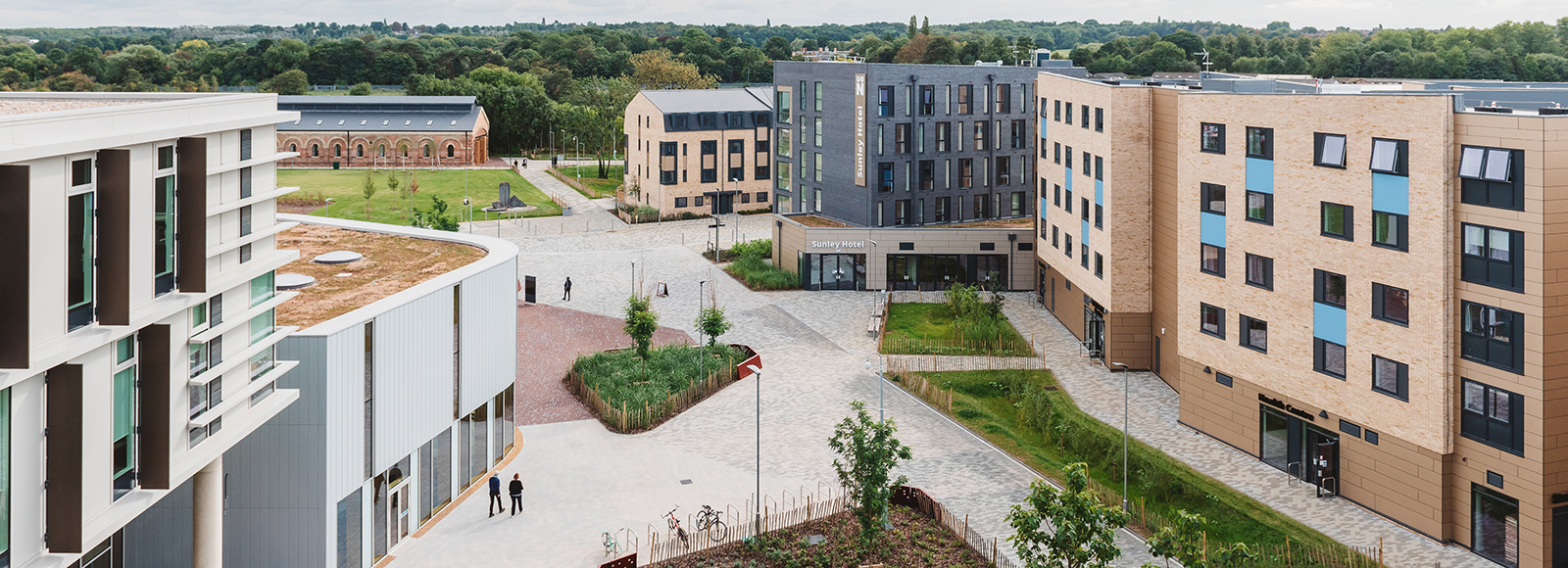- ...
Postgraduate Studentships - Search for funding opportunities.
With our Computing (Computer Networks Engineering) MSc course, you will have the opportunity to study computing in great depth. In addition to completing an individual thesis on an area of computer networks engineering that is of particular interest to you, this course will also allow you to develop your research and analytical abilities. This will equip you with all the skills you need to enhance your career prospects further.
HIGHLIGHTS
Develop analytical skills and business understanding to quickly identify market drivers.
You will learn the principles of SDN, Cloud networking, Network security and Systems architecture.
You will familiarize yourself with wireless concepts and will work with cellular communication network architecture.
Hand on experience on a modern networking lab, equipped with Aruba SND controllers and Cisco switches, routers and security devices.
Applicants will normally hold a recognised first or second class honours degree from a UK university or international equivalent in a relevant subject. We expect that you will have a working knowledge of computers and networks and it is essential that you have practical hands-on experience of at least one programming language.
For fees and funding options please visit website to find out more
When you graduate from this course you will be able to embark upon a range of careers in the broad IT and computing industry. There is a continuing demand for well-trained staff in this industry.
Some examples of job roles include: Computer Network Specialists/Consultant, Computer Network Architect, Computer and Information Systems Manager, Computer Hardware Engineer, Computer Support Specialist, Computer Research Scientist.

Welcome to the University of Northampton The University of Northampton celebrates the path less trodden. The different thinkers. The different doers. ...